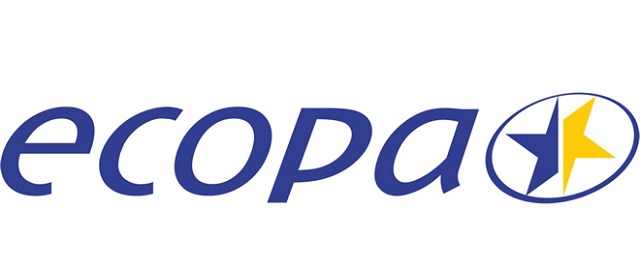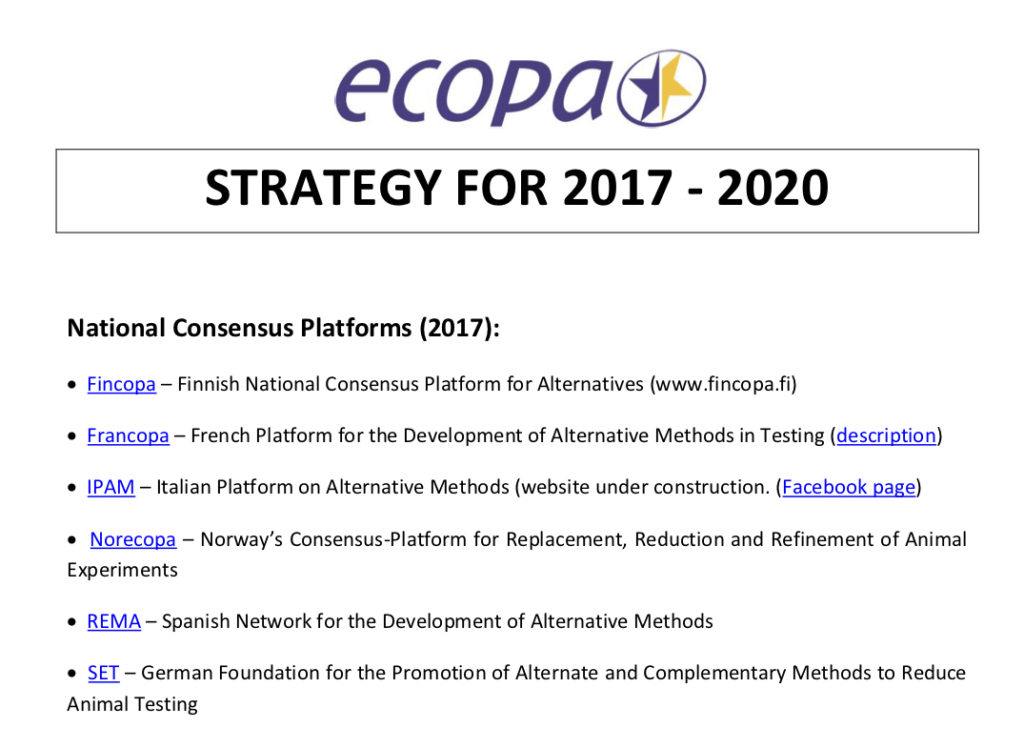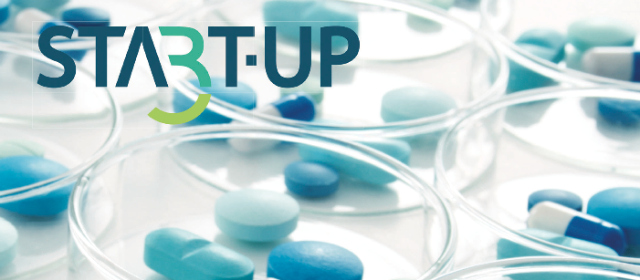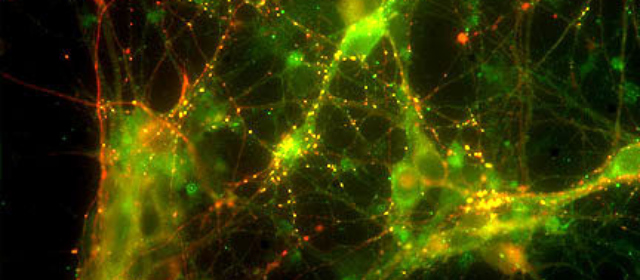Winner of the ecopa award at ICT 2022

Winner of the ecopa award at ICT 2022 The winner of the ecopa award at ICT 2022, the XVI International Congress of Toxicology was given to Başlar Muhammet, from the Institute of Technology, Department of Bioengineering in Izmir, Turkey. He presented a poster titled: “Development of novel nanotoxicity assessment method utilizing 3D printing system”. Even […]
ecopa newsletter | July-September 2022

ecopa newsletter | July-September 2022 Download PDF This is the beginning of a new era for ecopa! I strongly believe that ecopa has an important role in the scientific environment, which is evolving from traditional toxicology, based on the animal models, towards a more advanced approach that is focused on biological pathways assessed on human […]
ecopa Award for young scientists

[page_title] This award was given to a young scientist (max. 30 years old) participating in the 2019 EUROTOX Helsinki congress presenting research on the 3Rs, and more specifically towards New Approach Methods (NAMs) without animal testing. Application processThe ecopa Board or its representative select the contributions that best represent ecopa’s mission of 3Rs, either in […]
ecopa’s Board, Treasurer and Secretary for 2018-2019

[page_title] ecopa’s Board represents the 4 stakeholder groups: Academia, Animal Welfare, Government and Industry. The Board Members for 2018-2019 are as follows: Academia: Tuula Heinonen (Finland, Vice-President)Philippe Vanparys (Belgium, Deputy) Animal Welfare: Kristina Wagner (Germany)Marianne Norring (Finland, Deputy) Government: Philippe Hubert (France, President)Stefano Lorenzetti (Italy, Deputy) Industry: Erwin Roggen (Denmark)Costanza Rovida (Italy, Deputy) ecopa’s Treasurer: […]
ecopa’s Strategy Document for 2017-2020

[page_title] ecopa’s Board approved a Strategy Document for the organisation for 2017-2020 at its meeting on 18 December 2017. The Document contains links to the current European National Consensus Platforms and Associate Members, a description of ecopa and its strategic goals, and its Grant Funding Procedures. The Document can be downloaded here.
ecopa SSCT Workshop and General Assembly, 14-16 June 2017

[page_title] ecopa held its annual General Assembly on 14 June 2017 during the ecopa SSCT Workshop in Helsinki, Finland from 14-16 June 2017, on the subject of Up-to-date in vitro approaches in regulatory risk assessment and disease modelling. In addition to three scientific sessions, there were Student Sessions where students presented their results, and Technical […]
ecopa’s General Assembly in 2016

[page_title] ecopa held its annual General Assembly in Copenhagen on Thursday 18 August 2016 in connection with the annual meeting of EEMGS (European Environmental Mutagenesis and Genomics Society). The EEMGS meeting was entitled ‘Bridging genomics, human environmental health risk assessment and the 3Rs in animal science’. The President of EEMGS is Professor Lisbeth Knudsen, past-President and […]
ecopa’s General Assembly in 2015

[page_title] The 16th General Assembly of ecopa was held in Linz, Austria on 22 September 2015. The Assembly approved new statutes for ecopa. A new Board was elected for the next two years, representing the four stakeholders: Tuula Heinonen, President (academia) Deputy: Lisbeth Knudsen Philippe Hubert, Vice-President (government and regulatory authorities) Deputy: Manfred Liebsch Erwin […]
Final START-UP report is now available

[page_title] The final report of the FP7-funded support action START-UP (Scientific and Technological Issues in 3Rs Alternatives Research in The Process of Drug Development and Union Politics) are now available. Developed on the initiative of ecopa and the Vrije Universiteit Brussel with collaboration from several NCPs, the aim of START-UP was to identify and make […]
US FDA accepts cell-based potency test for Botox

[page_title] California-based Allergan, Inc. has had its in-vitro, cell-based assay for testing the stability and potency of Botox and Botox cosmetic, approved by the FDA. Allergan has claimed that the use of the new assay will reduce the use of animal testing by up to an estimated 95 percent, over the course of the next […]
